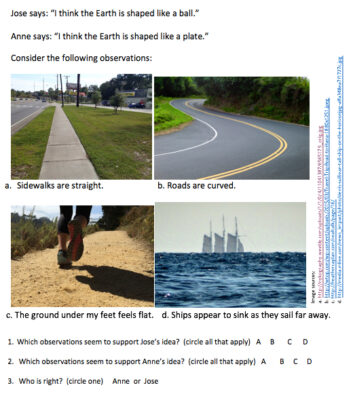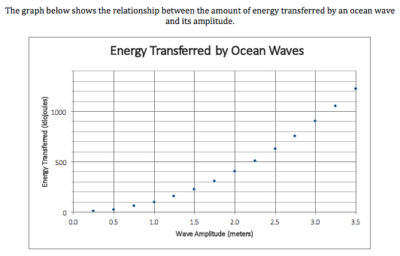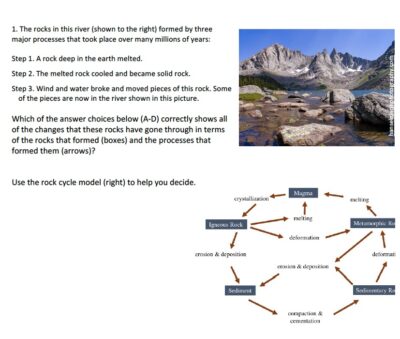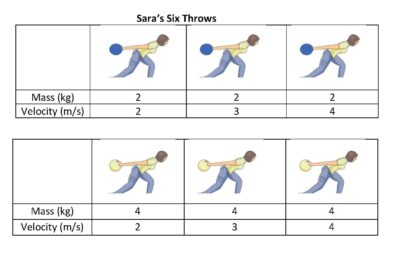SNAP has developed some short-response items to model what multidimensional short items aligned to NGSS could look like.
The main goals underlying the design of these items were:
- to probe the concepts and practices that are central to the PE, not just what is easy to assess;
- to model two-dimensional assessment. The items were developed so that they could each provide some evidence of two-dimensional reasoning, but we found that short sets of items related to the same stimulus provided much broader insight into two or even three dimensions; and
- to model assessments that are grounded in phenomena.
A critical step in the process of developing these types of items requires conducting cognitive labs with diverse groups of students to validate that the items are eliciting the reasoning that they were intended to measure. During these cognitive labs we learned a lot about how students interact with assessments designed for NGSS. The links below will bring you to a few short sets of these draft items. See the READ THIS document accompanying each set to learn about some insights from our work with students.




